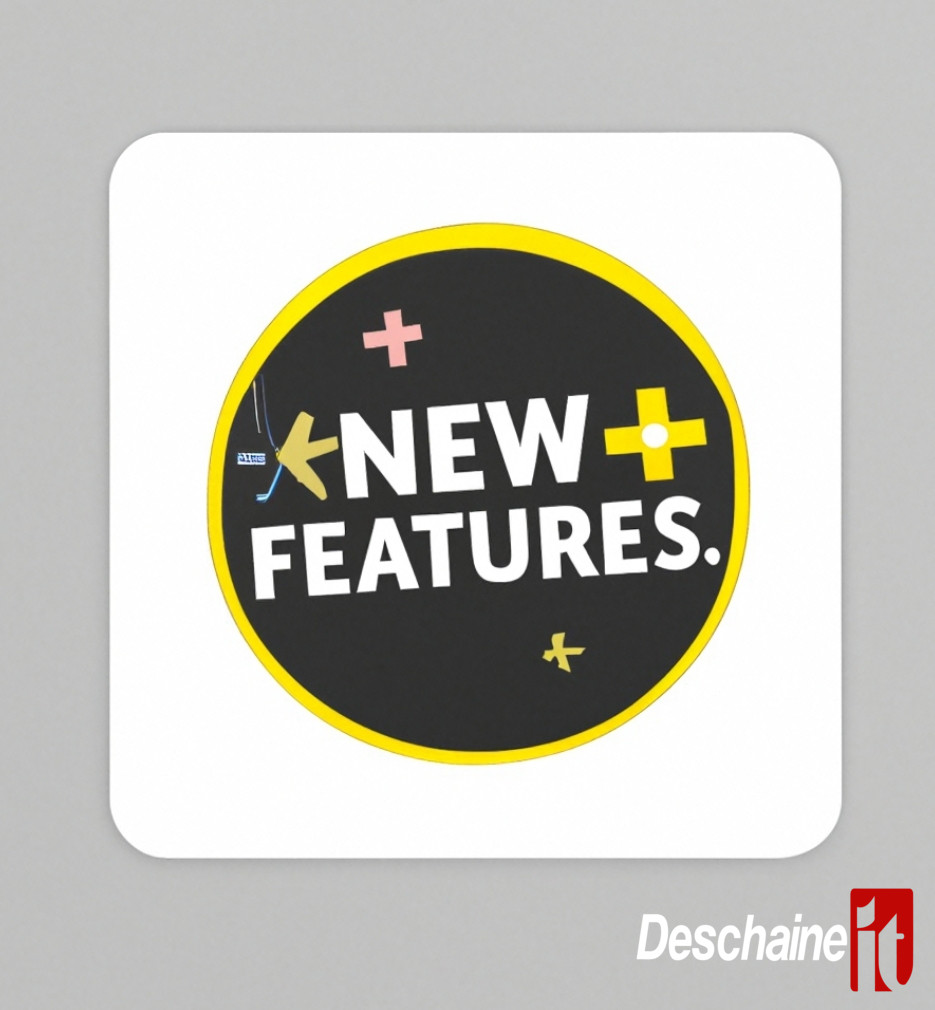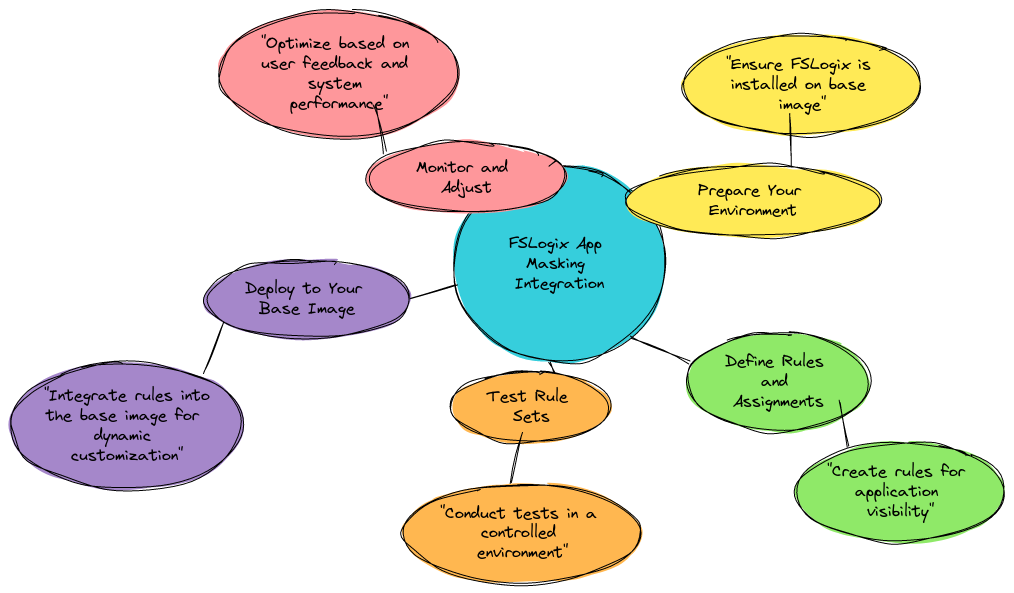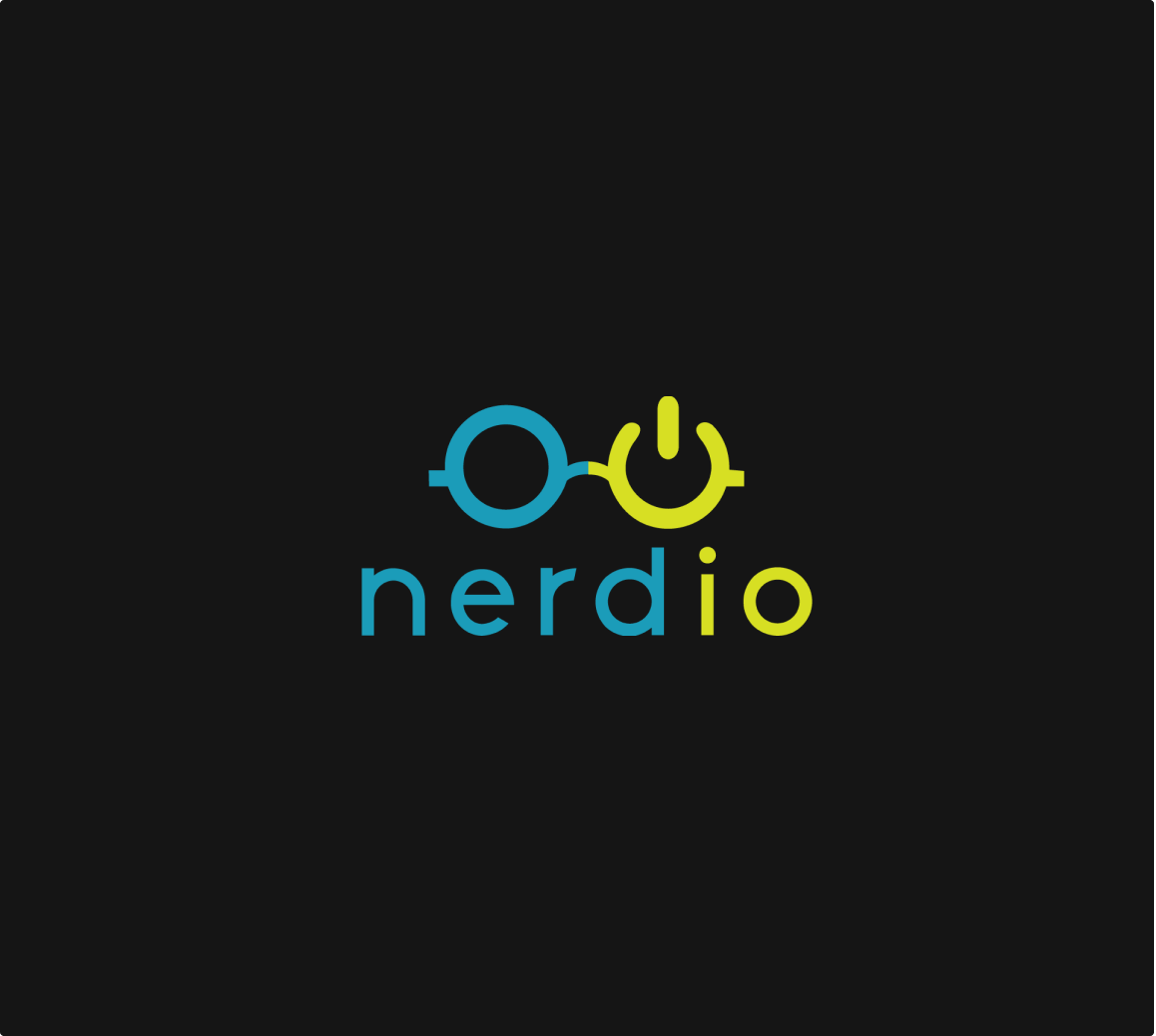
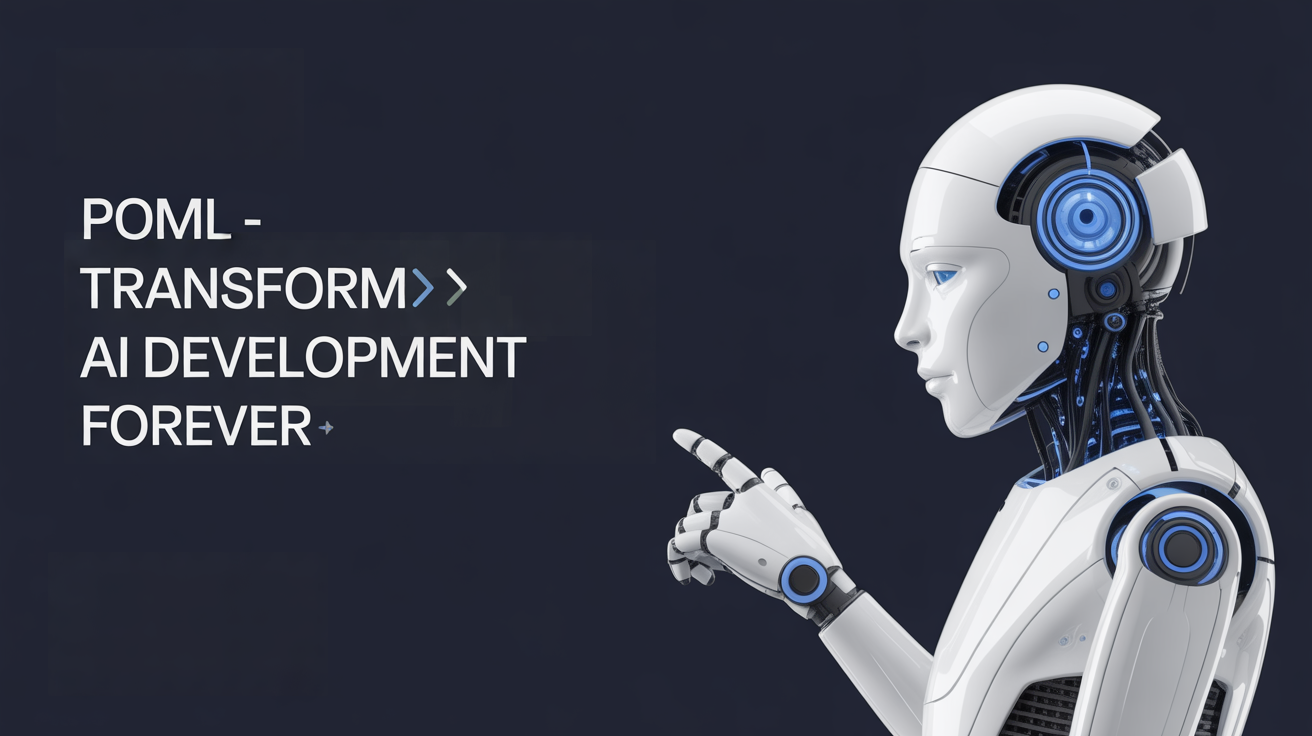
POML - The Framework That Will Transform AI Development Forever
Microsoft Just Dropped the HTML of AI — And It Changes Everything
Hold onto your keyboards, folks, because Microsoft just unleashed something that's about to fundamentally transform how we build with AI. Meet Prompt Orchestration Markup Language (POML) — the open-source framework that's essentially HTML for Large Language Models, and it's absolutely revolutionary.
If you've ever wrestled with sprawling, unmanageable prompts or tried to build complex AI workflows that felt more like digital spaghetti than elegant software, POML is about to become your new best friend. And yes, it might just automate away a whole lot of what we thought only humans could do.
What Exactly Is POML?
Think of POML as the missing piece of the AI puzzle we didn't even know we needed. Just like HTML brought structure and standards to web development, POML brings order to the wild west of prompt engineering.
Here's what makes it game-changing:
Modular Magic: No more copy-pasting massive prompts across projects. POML lets you create reusable prompt components that snap together like LEGO blocks. Build once, use everywhere.
Rich Data Integration: Your prompts can now seamlessly pull from databases, APIs, files, and real-time data sources. It's like giving your AI direct access to your entire digital ecosystem.
Styling Separated from Logic: Just like CSS separated presentation from content in web development, POML separates how your prompts look from what they do. Change the formatting without touching the core logic.
Built-in Templating: Dynamic prompts that adapt based on context, user input, or external conditions. Your AI interactions become as flexible as modern web applications.
The "Replace Us All" Reality Check
Now, before you start updating your LinkedIn status to "former human," let's talk about what this really means. POML isn't coming for your job directly — it's coming for the tedious, repetitive parts that none of us wanted to do anyway.
What POML Will Automate:
- Manual prompt copying and modification across projects
- Complex multi-step AI workflow orchestration
- Data integration headaches between AI systems and existing tools
- Prompt version control and collaboration nightmares
- Repetitive agent coordination tasks
What It Makes Possible:
- AI agents that can actually work together seamlessly
- Scalable prompt engineering that doesn't require a PhD in patience
- Complex reasoning chains that span multiple AI models and tools
- Enterprise-grade AI applications that don't break when you look at them funny
Why This Matters More Than You Think
POML represents a massive maturation of the AI development ecosystem. We're moving from the "Wild West" era of prompt engineering — where every developer was essentially inventing their own dialect — to a standardized, scalable approach that could unlock AI applications we haven't even imagined yet.
Consider this: HTML didn't replace web developers; it enabled an explosion of web development that created entirely new industries. POML is positioned to do the same thing for AI.
The Enterprise Impact: Companies can now build robust, maintainable AI systems without needing a team of prompt whisperers. POML makes AI development accessible to traditional software teams.
The Developer Impact: Instead of spending 80% of your time wrestling with prompt management, you can focus on building amazing AI experiences.
The Innovation Impact: When the infrastructure becomes standardized, innovation accelerates exponentially. We're about to see an explosion of AI applications that were previously too complex to manage.
The Future Is Structured
POML isn't just a new tool — it's Microsoft betting big on a future where AI development looks a lot more like traditional software development. Structured, version-controlled, collaborative, and maintainable.
And here's the kicker: it's open source. Microsoft is essentially saying, "Here's the foundation for the next generation of AI development. Let's all build on it together."
So, Will POML Replace Us All?
In the same way that HTML "replaced" people who manually coded websites in assembly language — by making web development so much more powerful and accessible that it created millions of new opportunities.
POML won't replace developers, prompt engineers, or AI practitioners. It will replace the pain points, the grunt work, and the barriers that have been holding back the true potential of AI development.
The real question isn't whether POML will change everything — it's whether you'll be part of building that future or watching it happen from the sidelines.
Ready to dive in? POML is available now as an open-source project. The documentation is solid, the community is growing, and the potential is limitless.
The revolution in AI development just got its foundational language. Time to learn the syntax of the future.

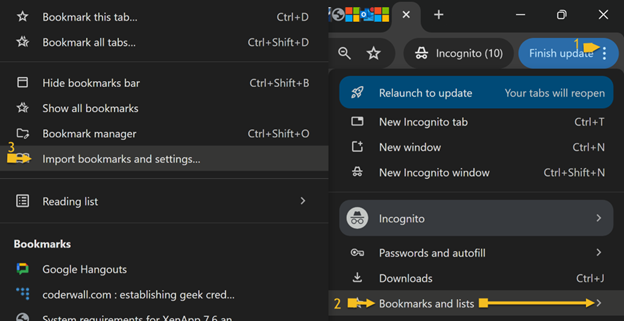
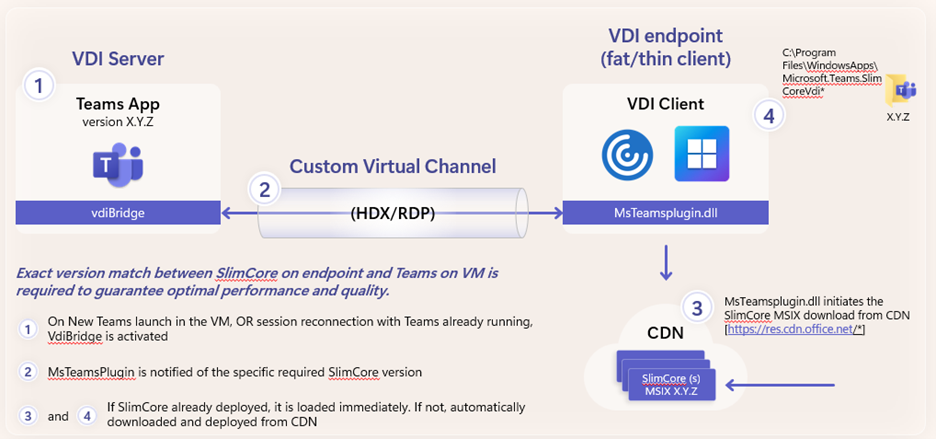










.png)




